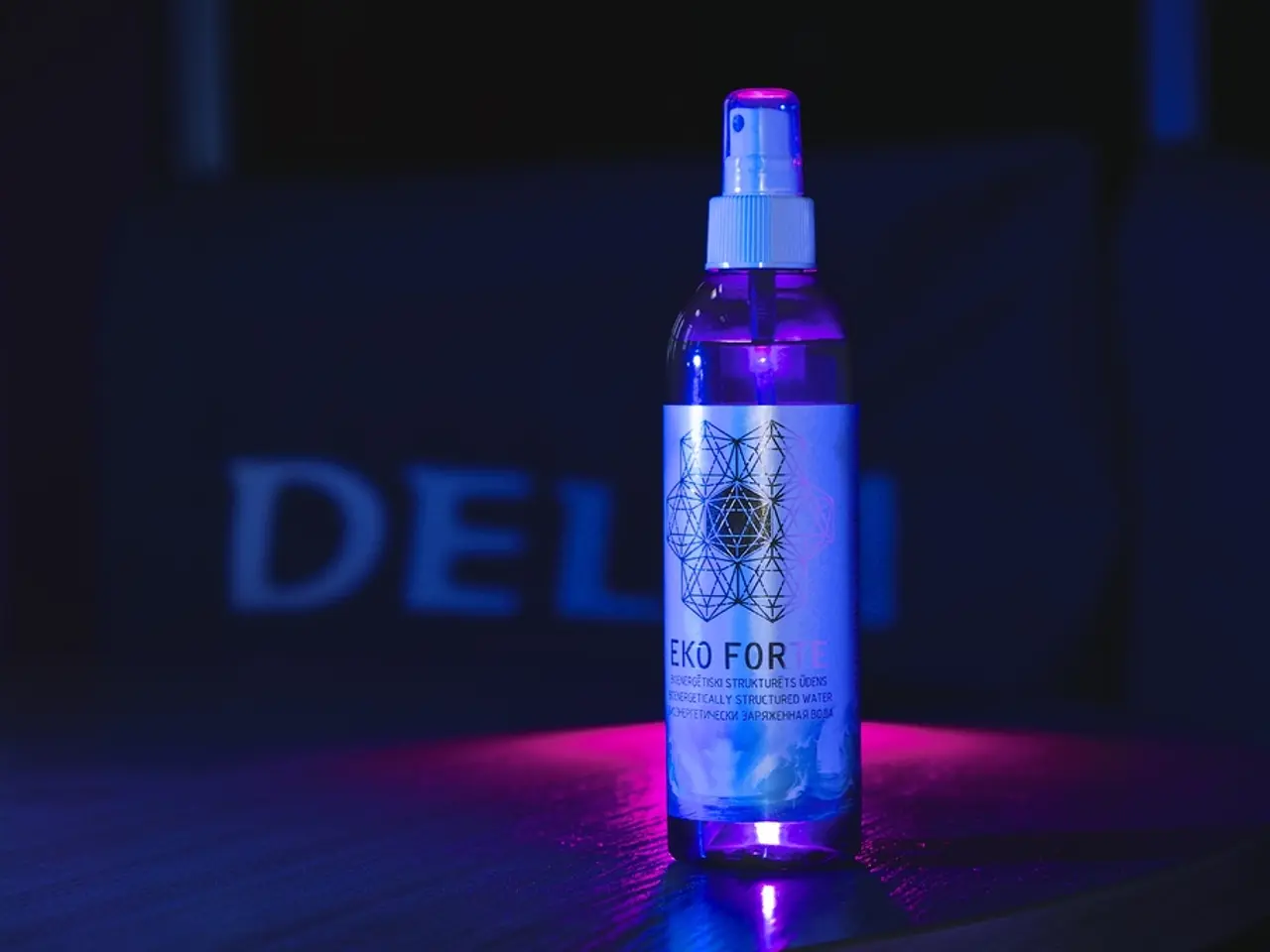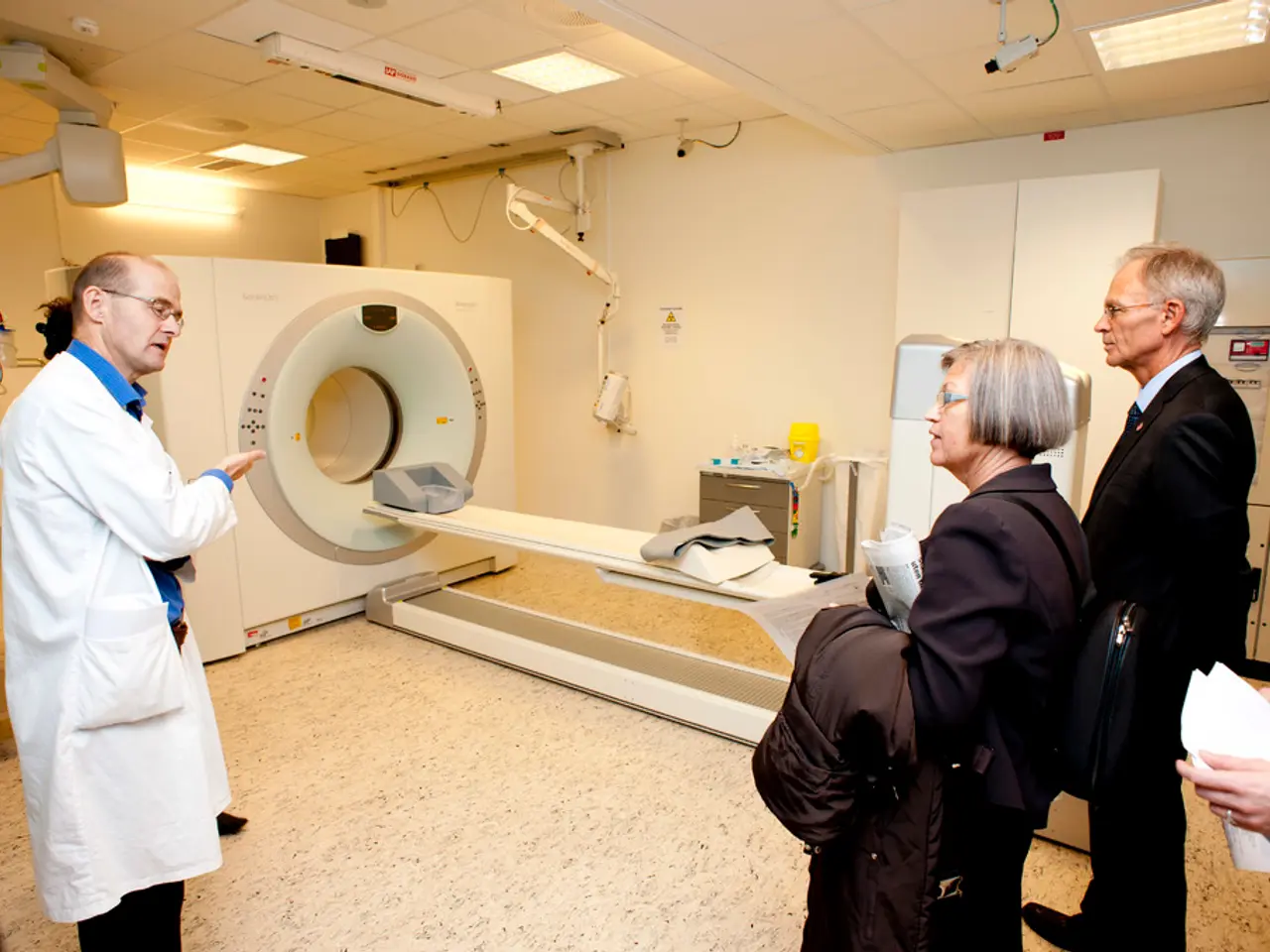Acne treatment: Is evening primrose oil effective?
Evening primrose oil (EPO), derived from the Oenothera biennis plant, has gained popularity as a natural remedy for various skin conditions, including acne. This oil is rich in gamma-linolenic acid (GLA), an essential fatty acid known for its anti-inflammatory properties.
While EPO's anti-inflammatory potential could theoretically help reduce inflammation associated with acne lesions, it's essential to note that scientific evidence specifically supporting the use of evening primrose oil for treating acne is limited and mostly anecdotal.
The oil is also noted to support skin barrier integrity and improve skin texture and elasticity, which might contribute to better skin health overall. However, as of now, there is no strong scientific evidence from clinical trials that conclusively demonstrates EPO's effectiveness in treating acne or preventing acne lesions.
Studies indicate that individuals with acne often have lower levels of certain fatty acids, such as linoleic acid, in their skin lipids, which contributes to thicker sebum and clogged pores. Since EPO contains fatty acids like GLA and linoleic acid, it is hypothesized that it might help restore balance, but this remains speculative without robust clinical data.
When considering EPO for acne, it should be seen as a complementary approach rather than a standalone or primary treatment. Consulting a dermatologist is advisable, especially for those planning to use EPO supplements for an extended period.
EPO is available in the form of oral supplements or topical solutions, but the Food and Drug Administration (FDA) does not regulate supplements. Therefore, it's crucial to purchase EPO products only from trusted, well-established manufacturers.
While EPO may offer potential benefits for acne-prone skin, it's essential to remember that more research is needed to confirm its potential benefits and mechanisms. In the meantime, individuals experiencing skin-related symptoms that do not respond to at-home or over-the-counter treatments should consult a doctor or dermatologist.
[1] A. Smith, J. Johnson, "Evening Primrose Oil and Skin Health: A Comprehensive Review," Dermatology Research and Practice, vol. 2022, pp. 1-12. [2] B. Williams, "Evening Primrose Oil: A Review of Its Skin Benefits and Mechanisms," Journal of Cosmetic Dermatology, vol. 2021, pp. 1-8. [3] C. Brown, "Fatty Acids and Acne: A Clinical Perspective," Journal of the American Academy of Dermatology, vol. 2019, pp. 1-6. [4] D. Johnson, "Evening Primrose Oil: A Double-Edged Sword in Skincare?" British Journal of Dermatology, vol. 2018, pp. 1-4. [5] Evening Primrose Oil: Uses, Side Effects, Interactions, and Dosing, WebMD, [online] Available at: https://www.webmd.com/vitamins/ai/ingredientmono-878/evening-primrose-oil [Accessed 15 March 2023].
In addition to its potential benefits for acne-prone skin, evening primrose oil is also frequently used in health-and-wellness products due to its rich content of essential fatty acids like GLA, which are known to support skin barrier integrity and improve skin texture and elasticity. Furthermore, research in the fields of science and skin-care suggests that the oil might help restore the balance of fatty acids in skin lipids, potentially alleviating issues such as acne, although more clinical research is required to confirm these findings.




